Quotes and Sayings
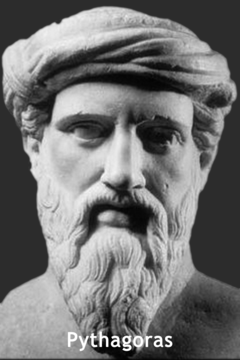
“As long as Man continues to be the ruthless destroyer of lower living beings, he will never know health or peace. For as long as men massacre animals, they will kill each other. Indeed, he who sows the seed of murder and pain cannot reap joy and love.” Pythagoras of Samos (US /pɪˈθæɡərəs/;[1] UK /paɪˈθæɡərəs/;[2] Greek: Πυθαγόρας ὁ Σάμιος Pythagóras ho Sámios "Pythagoras the Samian", or simply Πυθαγόρας; Πυθαγόρης in Ionian Greek; c. 570 – c. 495 BC)[3][4] was an Ionian Greek philosopher, mathematician, and the putative founder of the movement called Pythagoreanism.
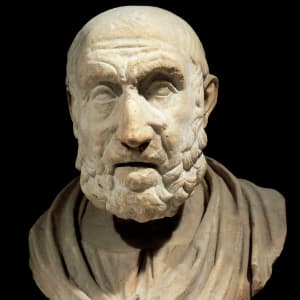
Hippocrates
“The soul is the same in all living creatures, although the body of each is different.”
"L'âme est la même chez tous les êtres vivants, seul le corps est différent."
Hippocrates Hippocrates of Kos, also known as Hippocrates II, was a Greek physician of the Age of Pericles, who is considered one of the most outstanding figures in the history of medicine. Wikipedia
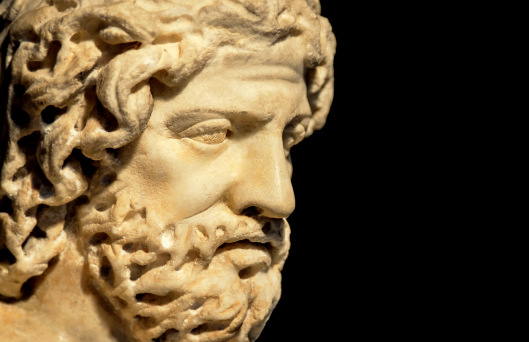
Plutarch
"It's not the one who abstains from eating meat to justify, but to those who eat it ."
Plutarch was born in Chaeronea in Boeotia 46 AD and died around 125 AD. He was a major thinker and historian of ancient Rome, originally coming from Greece.
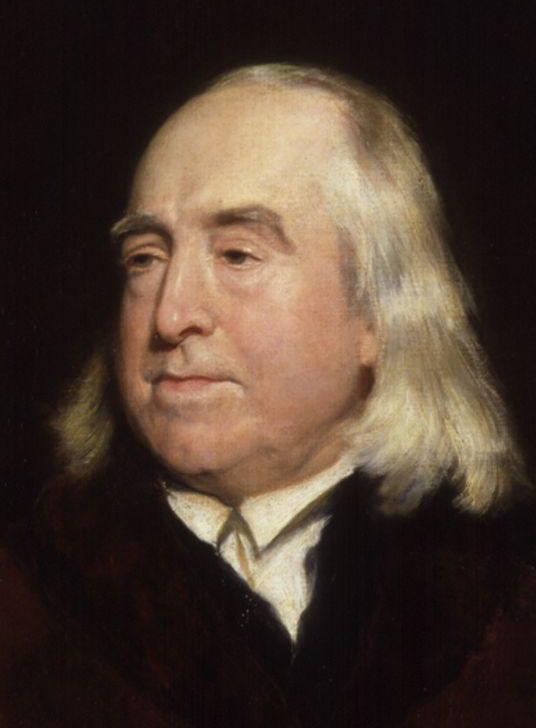
Jeremy Bentham
"A full-grown horse or dog is beyond comparison a more rational, as well as a more conversible animal, than an infant of a day, a week or even a month old. But suppose the case were otherwise, what would it avail? The question is not, Can they reason? nor, Can they talk? but, Can they suffer?"
Jeremy Bentham (15 February 1748– 6 June 1832) was an English philosopher, jurist, and social reformer. He is regarded as the founder of modern utilitarianism.

Arthur Schopenhauer
"The assumption that animals are without rights and the illusion that our treatment of them has no moral significance is a positively outrageous example of Western crudity and barbarity. Universal compassion is the only guarantee of morality." from The Basis of Morality.
Arthur Schopenhauer was a German philosopher (22 February 1788 – 21 September 1860). He is best known for his 1818 work The World as Will and Representation, in which he characterizes the phenomenal world as the product of a blind, insatiable, and malignant metaphysical will. Source : Wikipedia
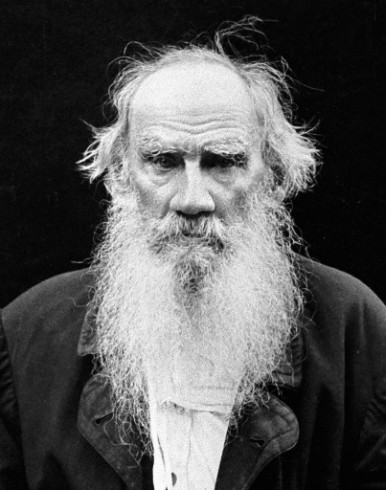
Leo Tolstoy
"A man can live and be healthy without killing for food.. Therefore, if he eats meat, he participates in taking animal life merely for the sake of his appetite.. And to act so is immoral."
Leo Tolstoy, (9 September [O.S. 28 August] 1828 – 20 November [O.S. 7 November] 1910) was a Russian writer who is regarded as one of the greatest authors of all time.
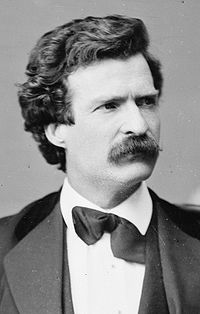
Mark Twain
Of all the animals, man is the only one that is cruel. He is the only one that inflicts pain for the pleasure of doing it. - "The Lowest Animal"
Samuel Langhorne Clemens (November 30, 1835 – April 21, 1910), better known by his pen name Mark Twain, was an American author and humorist.
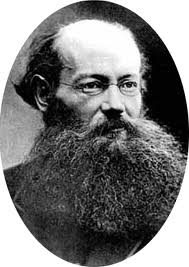
Peter Alexeievich Kropotkin
"Mutual aid is as much a law of animal life as mutual struggle; but that as a factor of evolution, it most probably has a far greater importance, inasmuch as it favors the development of such habits and characters as insure the maintenance and further development of the species, together with the greatest amount of welfare and enjoyment of life for the individual, with the least waste of energy."
Prince Peter Alexeievich Kropotkin (Пётр Алексе́евич Кропо́ткин) (9 December 1842 – 8 February 1921) was a Russian geographer, zoologist, and one of Russia's foremost anarchist social philosophers, famous for promoting forms of anarchist communism.

Bernard Shaw
On being asked why he was a vegetarian:
"Oh, come! That boot is on the other leg. Why should you call me to account for eating decently? If I battened on the scorched corpses of animals, you might well ask me why I did that."
"Oh, come! That boot is on the other leg. Why should you call me to account for eating decently? If I battened on the scorched corpses of animals, you might well ask me why I did that."
The Vegetarian, 15 January 1898
George Bernard Shaw (26 July 1856 – 2 November 1950), known at his insistence simply as Bernard Shaw, was an Irish playwright, critic and polemicist whose influence on Western theatre, culture and politics extended from the 1880s to his death and beyond.
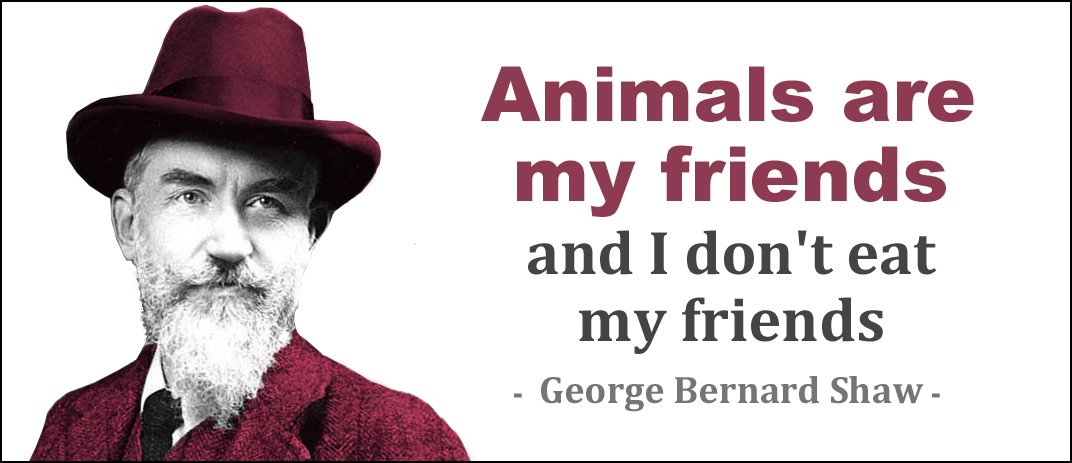

Albert Einstein
"A human being is a part of the whole, called by us "Universe," a part limited in time and space. He experiences himself, his thoughts and feelings as something separated from the rest, a kind of optical delusion of his consciousness. This delusion is a kind of prison for us, restricting us to our personal desires and to affection for a few persons nearest to us. Our task must be to free ourselves from this prison by widening our circle of compassion to embrace all living creatures and the whole of nature in its beauty. Nobody is able to achieve this completely, but the striving for such achievement is in itself a part of the liberation and a foundation for inner security."
Albert Einstein (1879 - 1955)
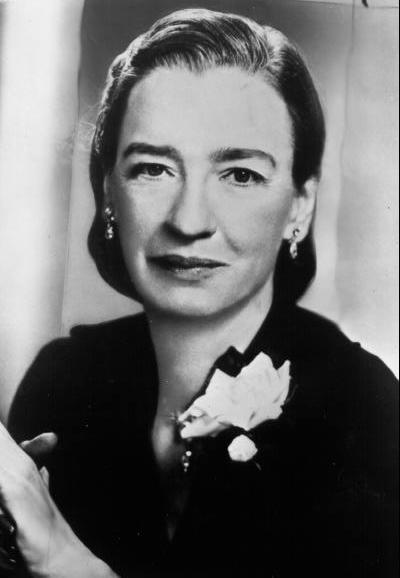
Grace Hopper
"The most damaging phrase in the language is “We’ve always done it this way!”
Grace Brewster Murray, was an American computer scientist and United States Navy Rear Admiral.
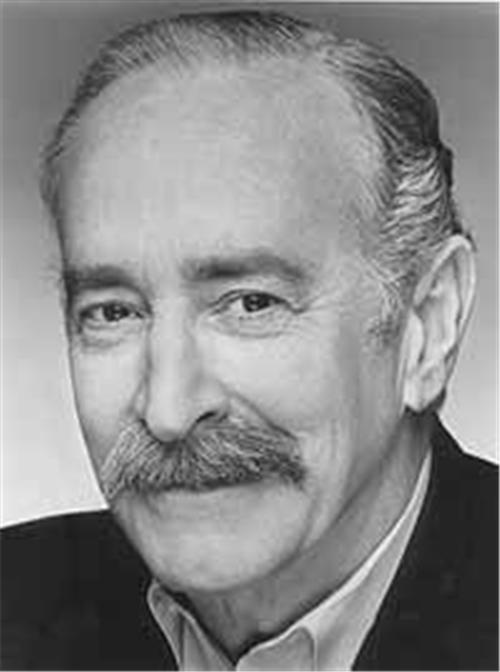
Henry Beston
"We need another and a wiser and perhaps a more mystical concept of animals. Remote from universal nature and living by complicated artifice, man in civilization surveys the creature through the glass of his knowledge and sees thereby a feather magnified and the whole image in distortion. We patronize them for their incompleteness, for their tragic fate for having taken form so far below ourselves. And therein do we err. For the animal shall not be measured by man. In a world older and more complete than ours, they move finished and complete, gifted with the extension of the senses we have lost or never attained, living by voices we shall never hear. They are not brethren, they are not underlings: they are other nations, caught with ourselves in the net of life and time, fellow prisoners of the splendour and travail of the earth."
Henry Beston, The Outermost House: A Year of Life on the Great Beach of Cape Cod
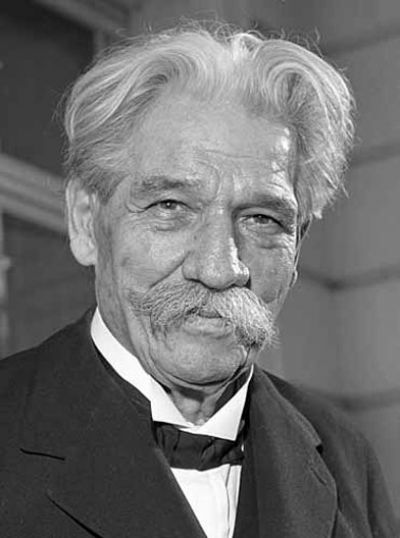
Albert Schweitzer
"The time is coming, however, when people will be astonished that mankind needed so long a time to regard thoughtless injury to life as incompatible with ethics."
Albert Schweitzer, was a French-German theologian, organist, philosopher, and physician. He was Dale Lecturer at Mansfield College, Oxford, 1923
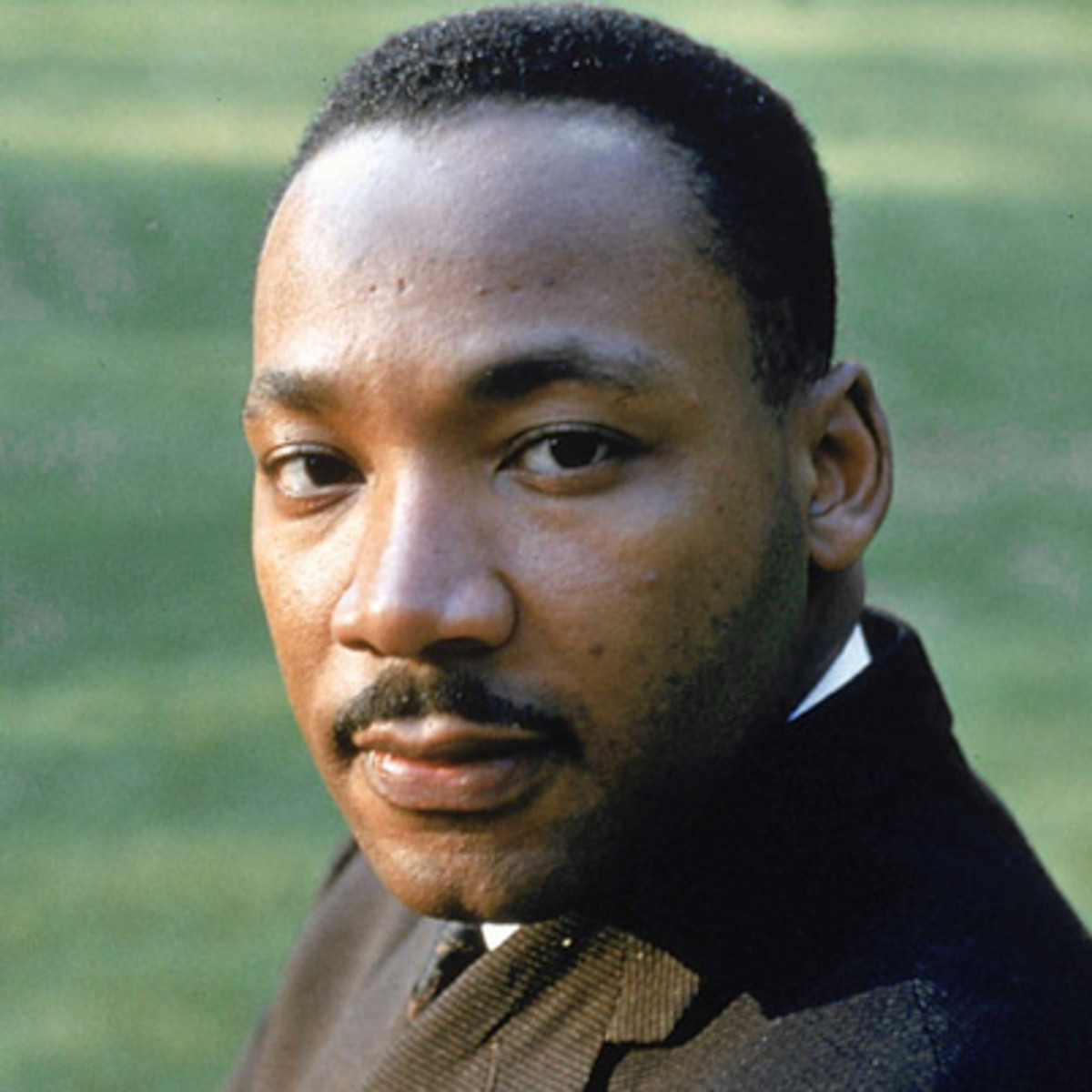
Martin Luther King
“One day the absurdity of the almost universal human belief in the slavery of other animals will be palpable. We shall then have discovered our souls and become worthier of sharing this planet with them.”
Martin Luther King, Jr. (January 15, 1929 – April 4, 1968) was an American Baptist minister and activist who was a leader in the African-American Civil Rights Movement.
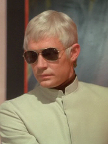
Ed Straker in UFO, a television series from 1969, says about the aliens that come to Earth to harvest organs from humans...:
"They look upon us not with animosity but with callousness as we look upon our animals whom we depend on for food."
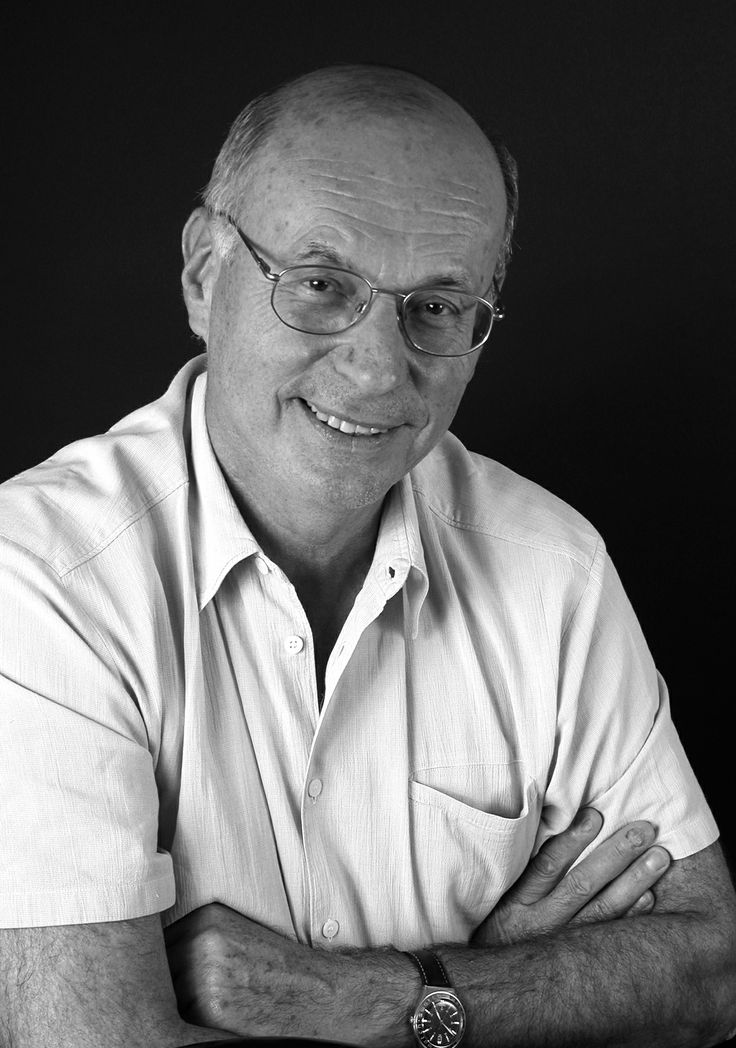
Boris Cyrulnik
«The day humans will understand that a thought without language exists with animals, we’ll die of shame to have them locked up in zoos and for having humiliated them with our laughter …».
Boris Cyrulnik (birth 26 July 1937 in Bordeaux) is a French doctor, ethologist, neurologist, and psychiatrist.
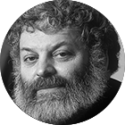
Edward Freeman
“The awful wrongs and sufferings forced upon the innocent, helpless, faithful animal race, form the blackest chapter in the whole world's history”
R. Edward Freeman (born December 18, 1951) is an American philosopher and professor of business administration at the Darden School of the University of Virginia
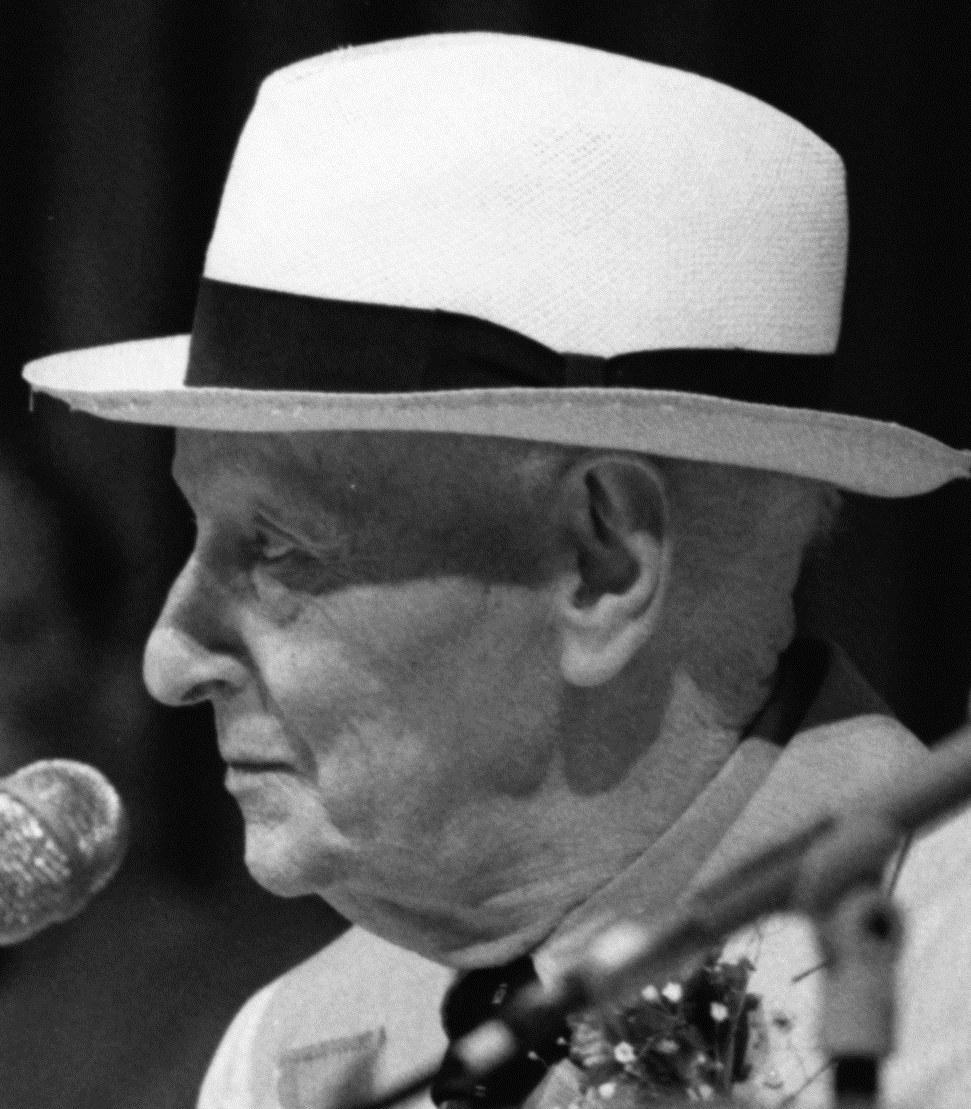
Isaac Bashevis Singer
“People often say that humans have always eaten animals, as if this is a justification for continuing the practice. According to this logic, we should not try to prevent people from murdering other people, since this has also been done since the earliest of times.”
Isaac Bashevis Singer was a Polish-born Jewish-American writer who wrote and published first in Yiddish and later translated himself into English with the help of editors and collaborators.
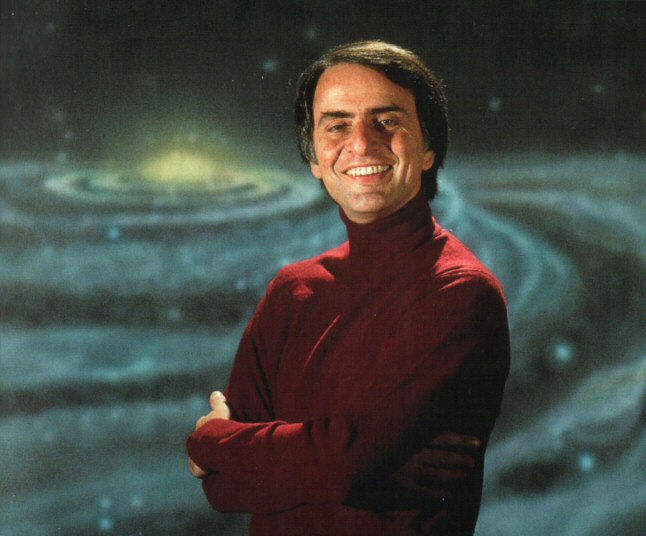
Carl Sagan
"A sharp distinction between humans and "animals" is essential if we are to bend them to our will, make them work for us, wear them, eat them--without any disquieting tinges of guilt or regret. With untroubled consciences, we can render whole species extinct--for our perceived short-term benefit, or even through simple carelessness. Their loss is of little import: Those beings, we tell ourselves, are not like us. An unbridgeable gap gas thus a practical role to play beyond the mere stroking of human egos. Darwin's formulation of this answer was: "Animals whom we have made our slaves, we do not like to consider our equals.”
― Carl Sagan, Shadows of Forgotten Ancestors
All of us cherish our beliefs. They are, to a degree, self-defining. When someone comes along who challenges our belief system as insufficiently well-based – or who, like Socrates, merely asks embarrassing questions that we haven’t thought of, or demonstrates that we’ve swept key underlying assumptions under the rug – it becomes much more than a search for knowledge. It feels like a personal assault.
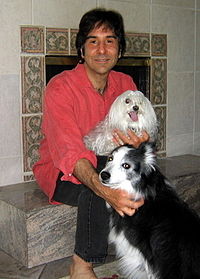
Gary L. Francione
“Being vegan is easy. Are there social pressures that encourage you to continue to eat, wear, and use animal products? Of course there are. But in a patriarchal, racist, homophobic, and ableist society, there are social pressures to participate and engage in sexism, racism, homophobia, and ableism. At some point, you have to decide who you are and what matters morally to you. And once you decide that you regard victimizing vulnerable nonhumans is not morally acceptable, it is easy to go and stay vegan”
― Gary L. Francione is an American legal scholar. Francione is known for his work on animal rights theory
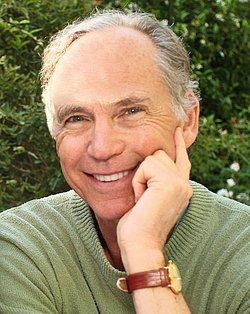
John Robbins
“Animals do not ‘give’ their life to us, as the sugar-coated lie would have it. No, we take their lives. They struggle and fight to the last breath, just as we would do if we were in their place.”
John Robbins is an American author, who popularized the links among nutrition, environmentalism, and animal rights.
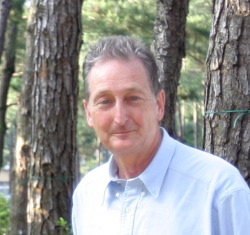
Michael Allen Fox
"Harming others is bad because it’s harmful, and what’s harmful is bad."
From "Deep Vegetarianism". Professor Michael Allen Fox, is Adjunct Professor, School of Humanities, at the University of New England
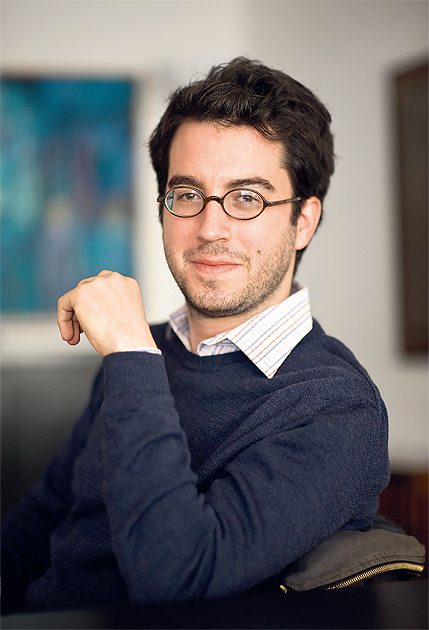
Jonathan Safran Foer
“Not responding is a response--we are equally responsible for what we don't do. In the case of animal slaughter, to throw your hands in the air is to wrap your fingers around a knife handle.” Jonathan Safran Foer, Eating Animals

Andrew Gardiner
"18th century comparative anatomy and 21st century genomics are actually linked in quite interesting ways. They're both concerned about humans and animals and the similarities and differences between them. And this is a discipline, which is called comparative medicine or today sometimes knows as One Medicine. And it really breaks down barriers between species, which in some senses are quite artificial. To vets who treat so many different animals, you can see that the human being is just another animal."
Dr Andrew Gardiner is Senior Lecturer at Royal (Dick) School of Veterinary Studies in Edinburgh and a vet specialising in the history and sociology of human-animal relations and the development of veterinary medicine as a discipline.
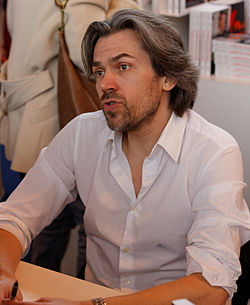
Aymeric Caron
"Animal rights are largely ignored by politicians, including ecologists "
Aymeric Caron at the "Grand Journal " , April 27, 2016
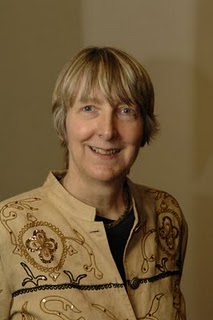
Carol J. Adams
Carnivorous animals become the evil beasts of the animal kingdom.
Unlike wolves, humans can live on vegetable protein.
Unlike lions, humans kill merely to decorate their walls.
Unlike sharks, who kill out of hunger or self-defense, humans create institutions of captivity for those they wish to eat, cutting off the pigs' tails, severing chickens' beaks, and destroying bulls' genitals.
The Pornography of meat by Carol J. Adams

Gordon Burghardt
Gordon Burghardt: "To understand the mind of another animal, we need to learn as much as possible about their abilities and sensory worlds; we need to know what brain stuctures underlie their emotions, ones that are similar or different to ours. If when they are hungry, thirsty, scared, changes occur in their body and brain that are similar - though certainly not exactly the same - feelings that we have." In the book: Our Wild Calling
You'll find more quotes on these sites:
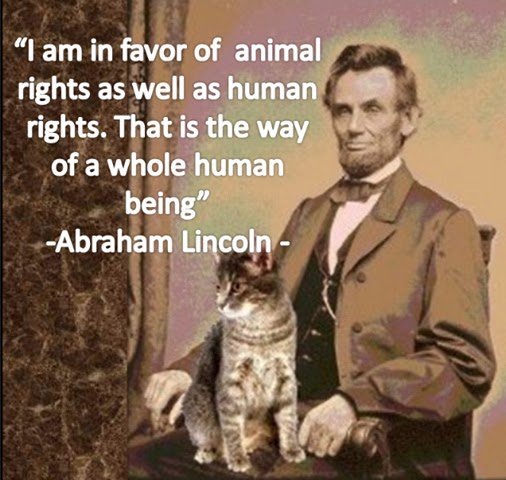
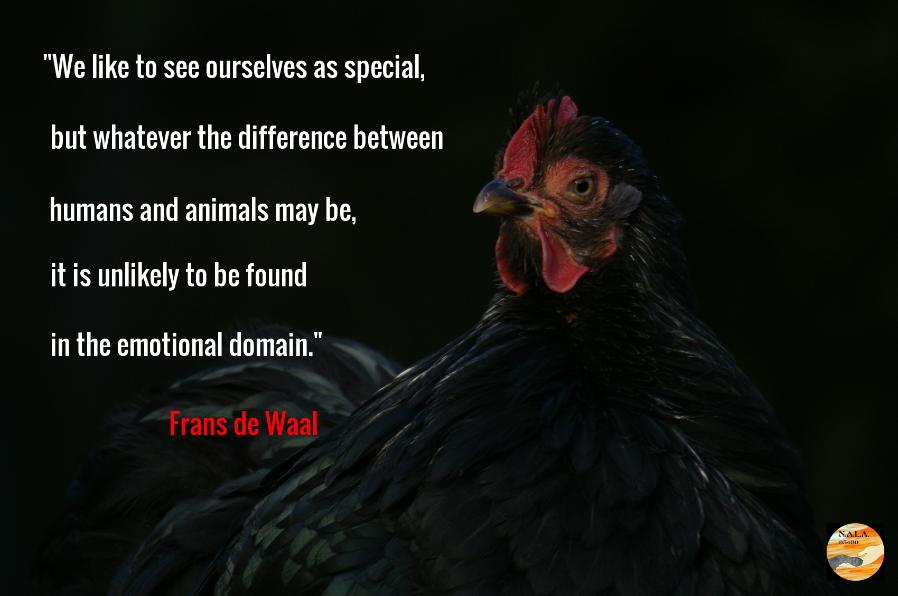
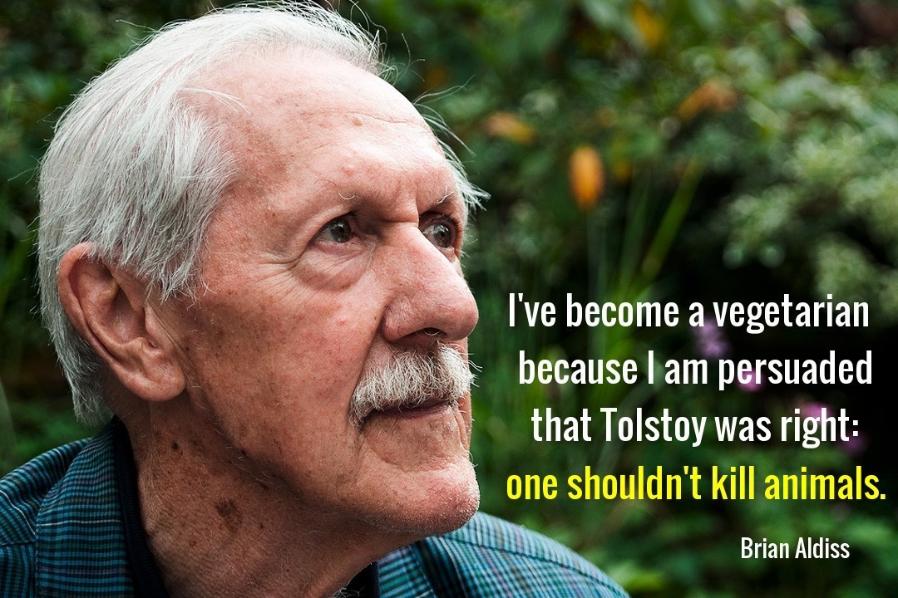
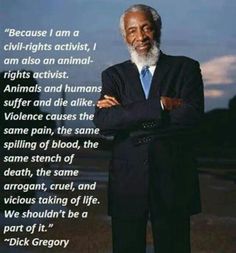
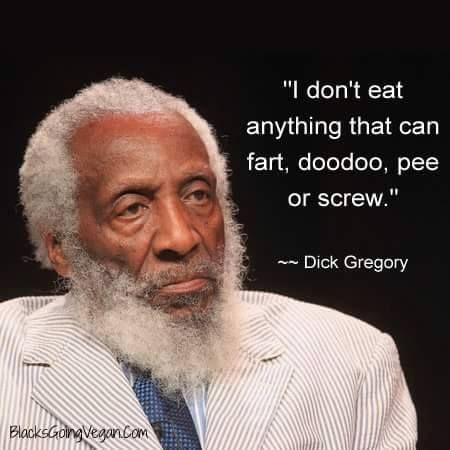
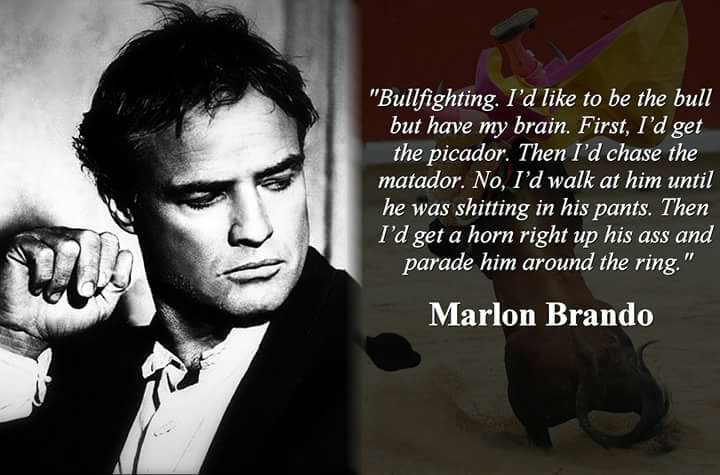
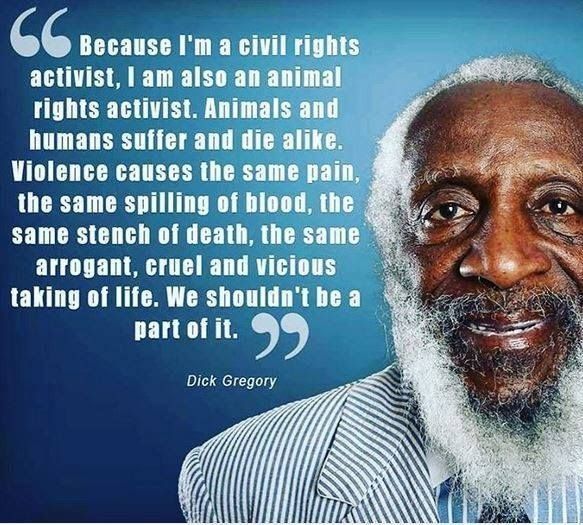
In French

Isaac Bashevis Singer
« Tout ce verbiage sur la dignité, la compassion, la culture ou la morale semble ridicule lorsqu’il sort de la bouche même de ceux qui tuent des créatures innocentes, pourchassent des renards que leurs chiens ont épuisés, ou même encouragent l’existence des combats de taureaux et des abattoirs. Toutes ces explications, selon lesquelles la nature est cruelle et donc nous sommes en droit d’être cruels, sont hypocrites. Rien ne prouve que l’homme soit plus important qu’un papillon ou qu’une vache. Je considère le fait d’être devenu végétarien comme la plus grande réussite de ma vie. Je ne prétends pas sauver beaucoup d’animaux de l’abattoir, mais mon refus de manger de la viande est une protestation contre la cruauté… Personnellement, je ne crois pas qu'il puisse y avoir de paix dans ce monde tant que les animaux seront traités comme ils le sont aujourd’hui ».
Isaac Bashevis Singer, écrivain, prix Nobel de littérature en 1978

Léonard de Vinci
"L'homme déploie de grands raisonnements, dont la majeure partie est vaine et fausse ;
les animaux raisonnent moins loin, mais leurs pensées sont utiles et vraies ; or mieux vaut
une petite certitude qu'un grand mensonge."
Parlant des moutons, des vaches, des chèvres et autres bêtes semblables :
"On viendra leur arracher leurs tout jeunes enfants, et on les égorgera, et on les déchirera avec
la plus grande sauvagerie."
Léonard de Vinci

Henri David Thoreau
"Nul être humain passé l'âge insouciant de la jeunesse, ne tuera de gaieté de coeur la créature, quelle qu'elle soit, qui tient sa vie du même droit que lui. Le lièvre aux abois crie comme un enfant.
Je vous préviens, Ô mères, que mes sympathies ne font pas toujours les distinctions philanthropiques
d'usage. [...]
Ayant été mon propre boucher, laveur de vaisselle, cuisinier, aussi bien que la monsieur pour qui les mets étaient servis, je peux parler par l'expérience, expérience particulièrement complète.
L'objection pratique à la nourriture animale dans mon cas était sa malpropreté ; en outre, lorsque j'avais pris, vidé, fait cuire et mangé mon poisson, il ne me semblait pas qu'il m'eût essentiellement nourri. Insignifiant et inutile, cela coûtait plus que cela ne valait.[...]
Je crois que l'homme qui s'est toujours appliqué à maintenir en la meilleure condition ses facultés élevées ou poétiques, a de tous temps été particulièrement enclin à s'abstenir de nourriture animale, comme de beaucoup de nourriture d'aucune sorte."
Henri David Thoreau in Walden ou la vie dans les bois, chapitre "Considérations plus hautes" :
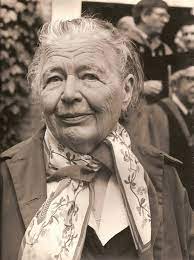
Marguerite Yourcenar
"Tu ne feras pas souffrir les animaux, ou du moins tu ne les feras souffrir que le moins possible, ils ont leurs droits et leur dignité comme toi-même », est une admonition bien modeste ; dans l'actuel état des esprits, elle est, hélas, quasi subversive. Soyons subversifs. Révoltons-nous contre l'ignorance, l'indifférence, la cruauté, qui d'ailleurs ne s'exercent si souvent contre l'homme que parce qu'elles se sont fait la main sur les bêtes. Rappelons-nous, puisqu'il faut toujours tout ramener à nous-mêmes, qu'il y aurait moins d'enfants martyrs s'il y avait moins d'animaux torturés, moins de wagons plombés amenant à la mort les victimes de quelconques dictatures si nous n'avions pas pris l'habitude de fourgons où des bêtes agonisent sans nourriture et sans eau en route vers l'abattoir, moins de gibier humain descendu d'un coup de feu si le goût et l'habitude de tuer n'étaient l'apanage des chasseurs. Et dans l'humble mesure du possible, changeons (c'est-à-dire améliorons s'il se peut) la vie. "
Marguerite Yourcenar, écrivain, membre de l'Académie française
"La viande, le sang, les entrailles, tout ce qui a palpité et vécu lui répugnait à cette époque de son existence, car la bête meurt à douleur comme l'homme, et il lui déplaisait de digérer des agonies"
Marguerite Yourcenar dans L'Oeuvre au noir concernant son personnage Zénon
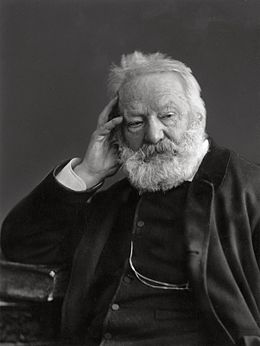
Victor Hugo
"Pas une bête qui n'ait un reflet d'infini "
Victor Hugo
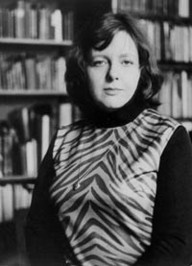
Brigid Brophy
"A chaque fois que des gens disent : "Il ne faut pas tomber dans la sensiblerie", cela signifie
qu'ils s'apprêtent à commettre quelque cruauté. Et s'ils ajoutent "il faut être réaliste", ils veulent
dire par là qu'ils vont en tirer de l'argent."
Brigid Brophy in The New Slavery :

Voltaire
"Il n'est que trop certain que ce carnage dégoûtant, étalé sans cesse dans nos boucheries et dans nos
cuisines, ne nous paraît pas un mal ; au contraire, nous regardons cette horreur, souvent pestilentielle, comme une bénédiction du Seigneur et nous avons encore des prières dans lesquelles on le remercie de ces meurtres. Qu'y a-t-il pourtant de plus abominable que de se nourrir continuellement de cadavres ? [...]"
Voltaire, cité dans Le Végétarisme et ces ennemis de Renan Larue

Pierre Louis Moreau de Maupertuis
"On a une raison décisive pour ne point croire permis de tuer ou de tourmenter les bêtes : il suffit de croire,
comme on ne peut guère s'en empêcher, qu'elles sont capables de sentiments."
Pierre Louis Moreau de Maupertuis cité dans Le Végétarisme et ces ennemis de Renan Larue